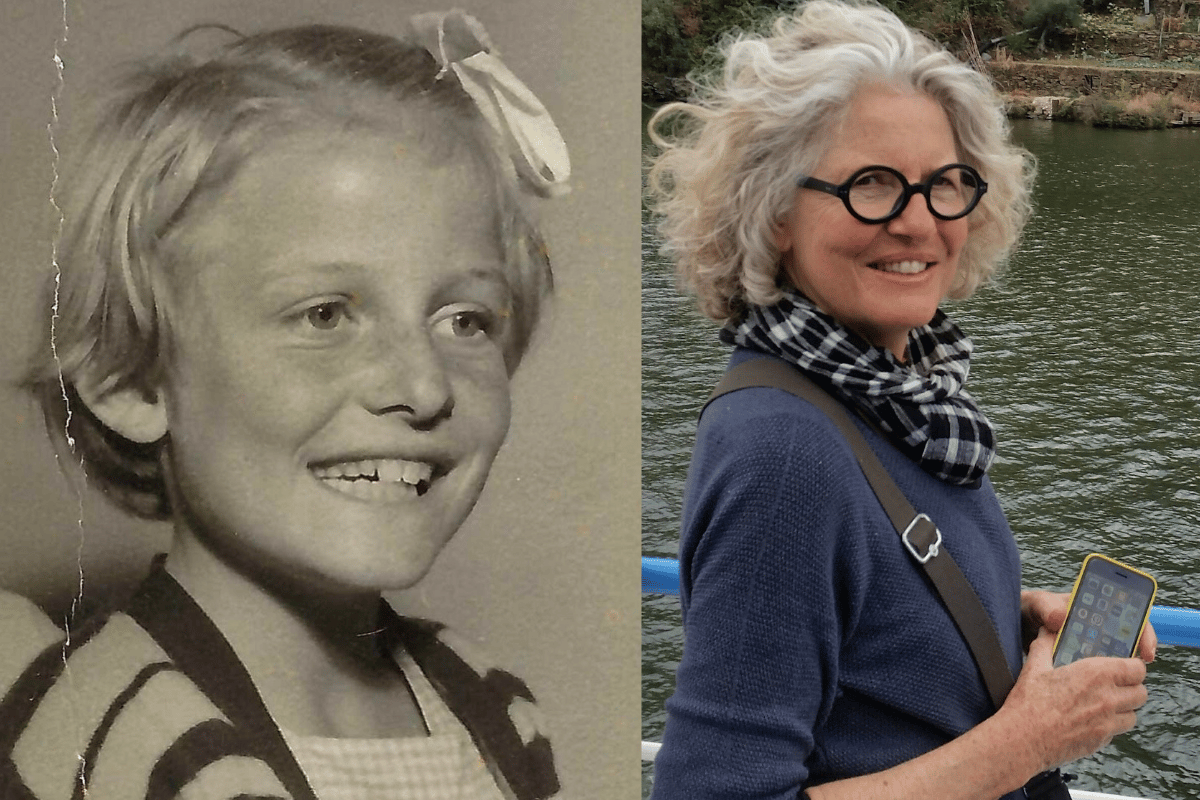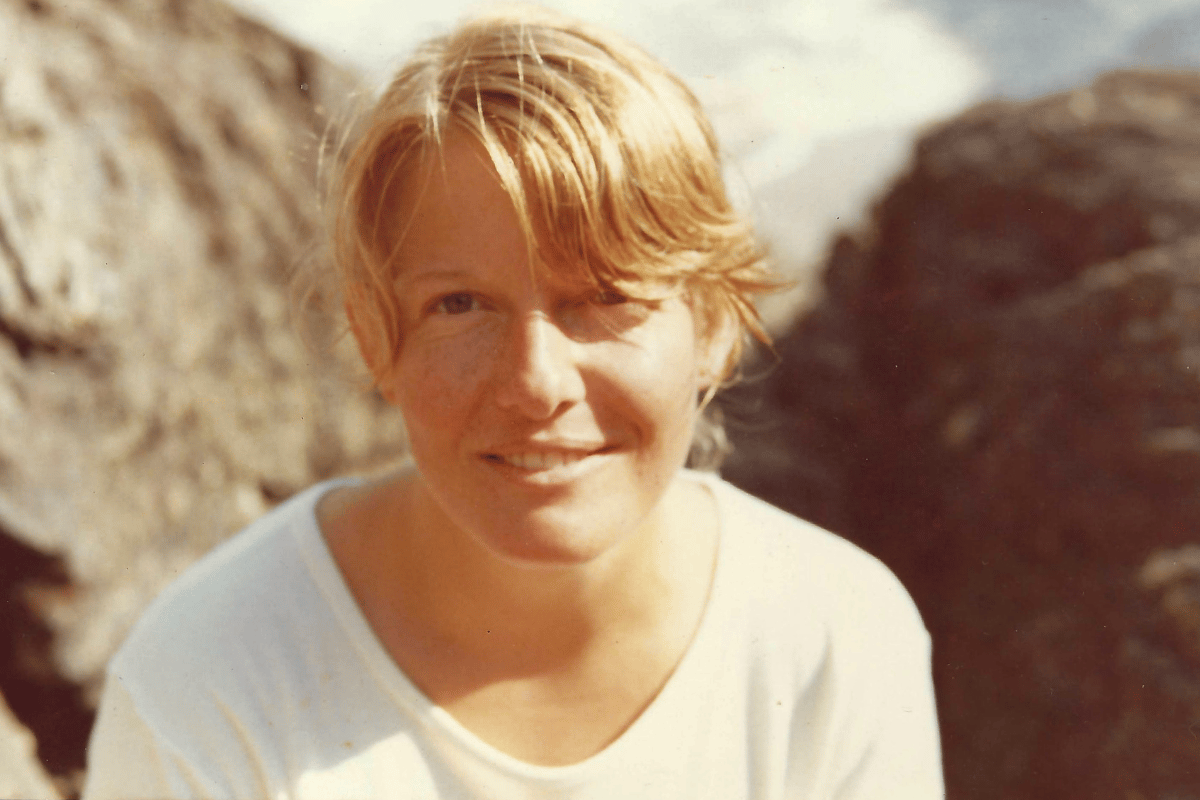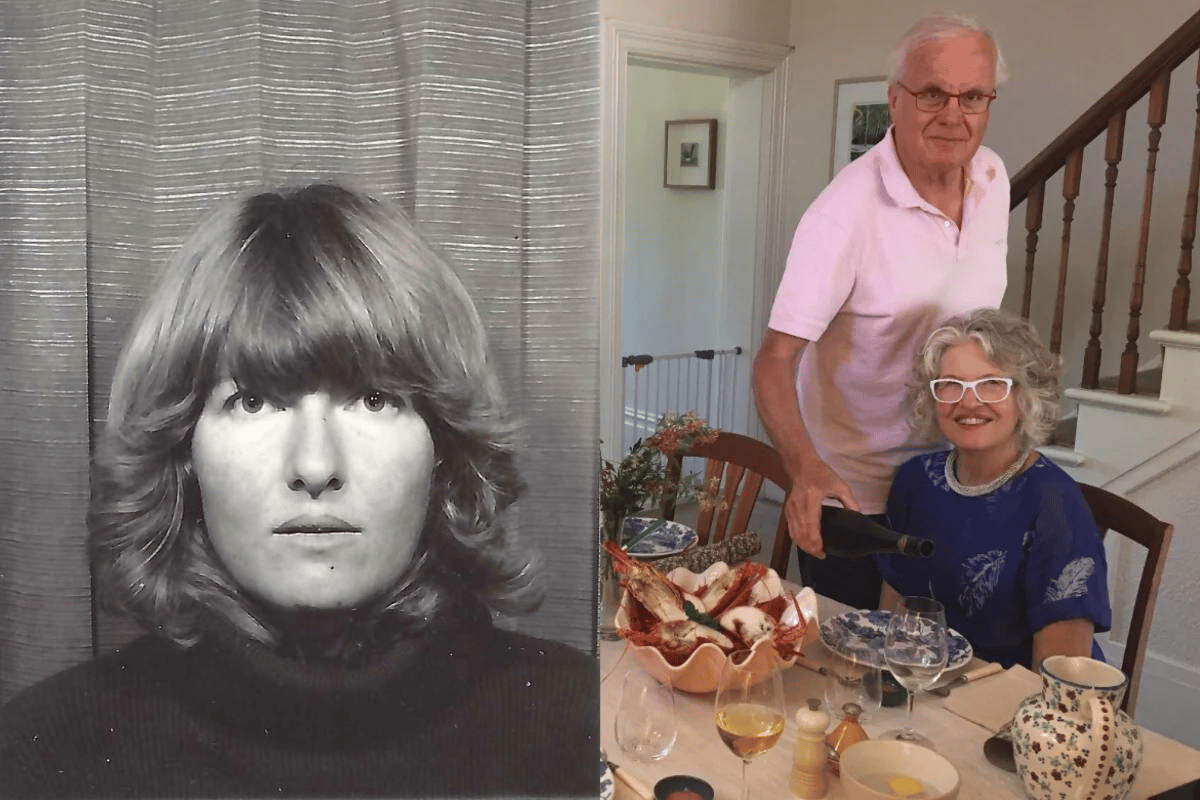
Content warning: This story includes descriptions of child sexual abuse that may be distressing to some readers.
For Julia, trauma is a life sentence. She isn't defined by what happened to her as a child - but it has made the path to healing ever more fraught.
When Julia was seven, she and her brother were sent to her aunt's place for the school holidays. Once there, the kids were put up in a local pub, Julia's aunt deciding she didn't want the kids to stay at her place. Julia's parents weren't aware that their two kids would be staying at the pub with accommodation, nor did Julia or her brother have prior warning.
Overnight in the pub, the aunt had told the pub's manager to leave the kids' room door ajar and keep an eye on them for her. The manager had not kept his word. Back in the early '50s, these sorts of pubs were incredibly rough - an environment where alcohol and gambling were rife, along with violence and misogyny. Even while standing up at the bar for a drink, punters could urinate in the 'piss trough' located along the edge of the bar. It was no place for children.
While Julia and her nine-year-old brother were sleeping, an intoxicated male stranger entered their room and began to rape seven-year-old Julia.
Julia has a very strong memory of what happened once that man entered the room, as does her brother. But when the man had left, both were paralysed with fear.
It's what happened next that furthered Julia's trauma.



Top Comments